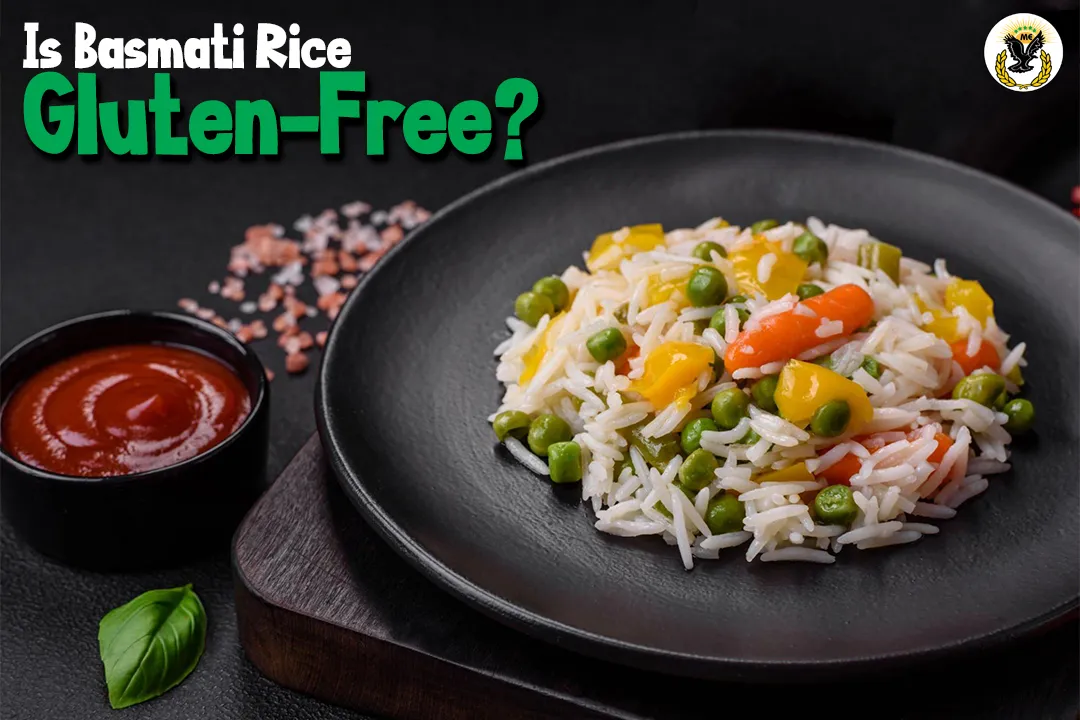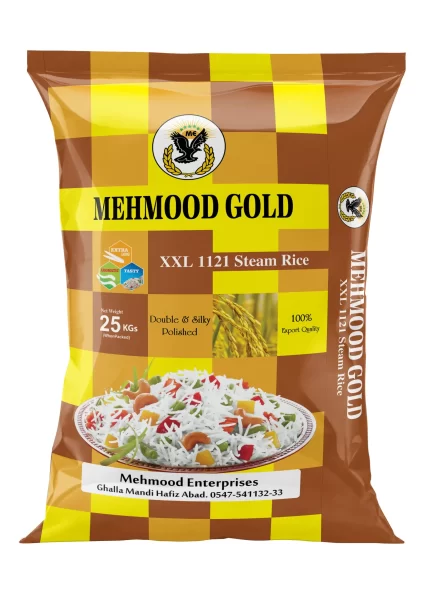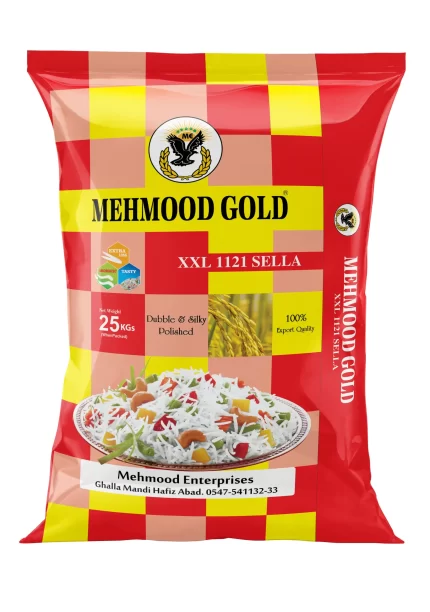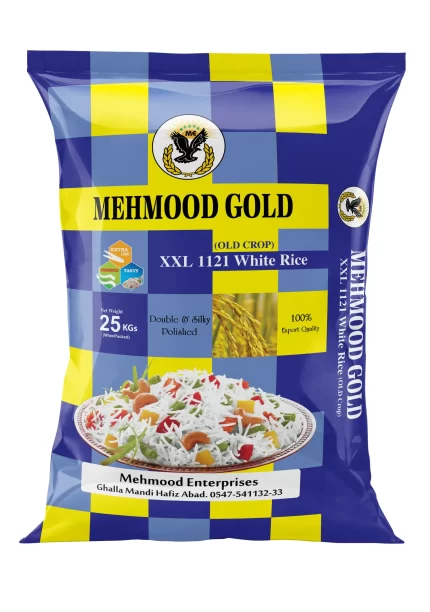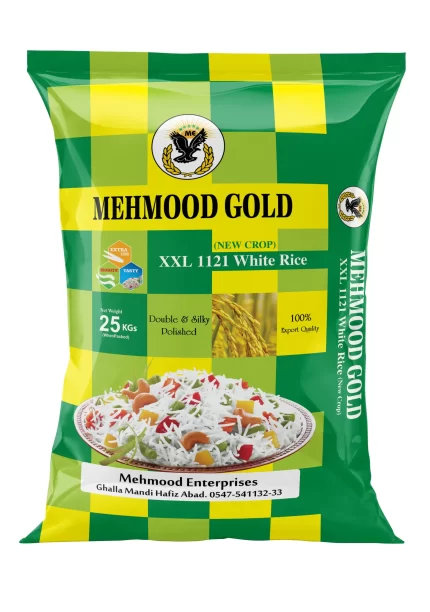In the world of culinary delights and dietary considerations, gluten-free diets have gained significant attention. Whether you have celiac disease, gluten sensitivity, or want to explore healthier eating options, understanding which foods are gluten-free is crucial. One such food item that often finds itself under scrutiny is basmati rice. In this article, we’ll delve into basmati rice and explore whether it is gluten-free.
The Basics Of Basmati Rice
Before we get into the gluten-free aspect, let’s familiarize ourselves with what basmati rice is
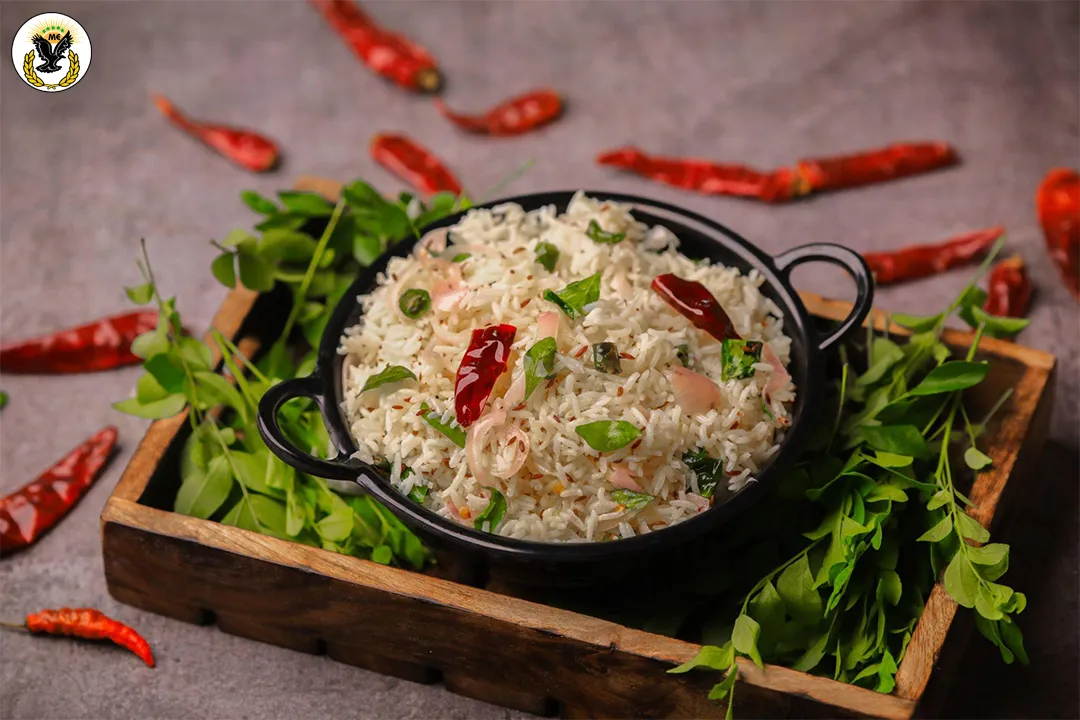
What Is Basmati Rice?
Basmati rice is a long-grain rice variety that originates from the Indian subcontinent. It is known for its distinct aroma, slender grains, and delicate flavor. Basmati rice is a staple in various Asian and Middle Eastern cuisines and is favored for its ability to complement a wide range of dishes.
Nutritional Profile Of Basmati Rice
Basmati rice is not only prized for its taste but also for its nutritional content. It is a good source of carbohydrates, providing energy for your body. Additionally, it contains essential vitamins and minerals, such as niacin, thiamine, and selenium.
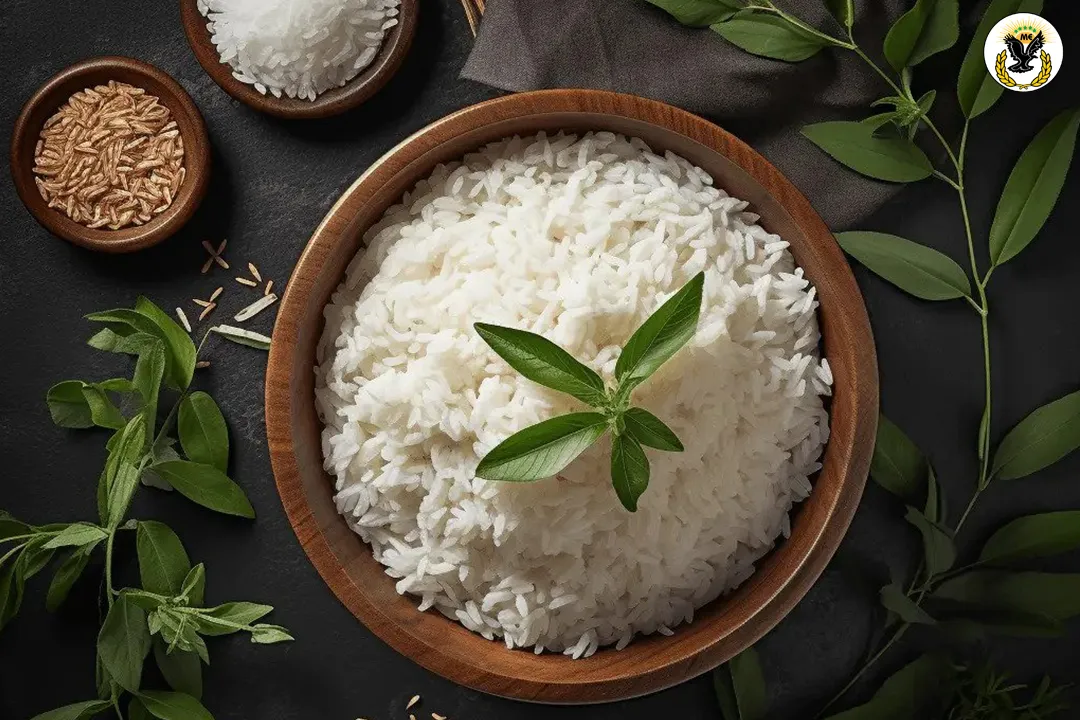
Understanding Gluten
To determine whether basmati rice is gluten-free, we first need to understand what gluten is.
What is Gluten?
Gluten is a protein found in wheat, barley, rye, and their derivatives. It’s what gives dough its elasticity and bread its chewy texture. For individuals with celiac disease or gluten sensitivity, consuming gluten can lead to a range of health issues, including digestive problems and inflammation.
Is Basmati Rice Naturally Gluten-Free?
The answer to this question is a resounding yes – basmati rice is naturally gluten-free. Here’s why:
Rice Varieties and Gluten
Rice, in its purest form, does not contain gluten. Unlike wheat or barley, rice is not a cereal grain, which is the primary source of gluten in the diet. Basmati rice falls into the category of long-grain rice, and it is not genetically related to wheat, barley, or rye. Therefore, it is inherently free from gluten.
Cross-Contamination Concerns
While basmati rice itself does not contain gluten, there is a potential for cross-contamination during processing or packaging. This can happen if the same equipment is used for both rice and gluten-containing grains. To avoid this, individuals with celiac disease or gluten sensitivity should look for certified gluten-free basmati rice products.
The Versatility Of Basmati Rice
Basmati rice’s gluten-free nature makes it a versatile ingredient for a wide range of dishes. Here are some popular uses:
Pilaf
Basmati rice is a key ingredient in many pilaf recipes. Its distinct aroma and fluffy texture make it perfect for creating fragrant and flavorful rice dishes.
Biryani
In Indian cuisine, biryani is a beloved dish that features basmati rice cooked with aromatic spices, herbs, and meat or vegetables. The long grains of basmati rice absorb the flavors beautifully.
Sushi
Believe it or not, basmati rice can also be used in sushi preparation for those who prefer a gluten-free alternative. It offers a unique twist on traditional sushi flavors.
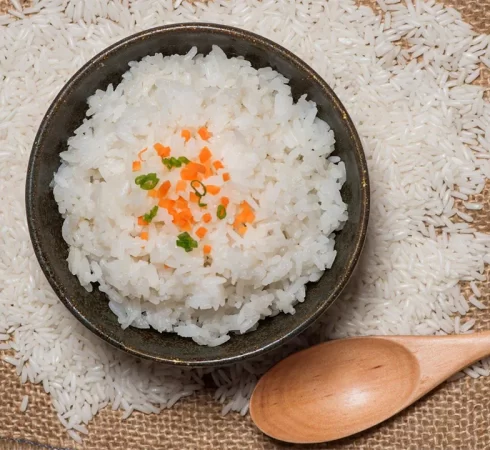
How To Cook Perfect Basmati Rice
Cooking basmati rice to perfection is an art. Here’s how to do it:
Rinse the Rice
Before cooking, rinse the rice thoroughly to remove excess starch. This helps prevent it from becoming overly sticky.
The Ideal Water-to-Rice Ratio
For fluffy basmati rice, use a 1:1.5 ratio of rice to water. For example, if you’re cooking one cup of rice, use 1.5 cups of water.
Simmer, Don’t Boil
Cook the rice over low heat, covered, to allow it to absorb the water slowly. Avoid stirring too much to prevent breaking the grains.
Conclusion
In conclusion, basmati rice is a gluten-free grain that can be enjoyed by individuals with celiac disease, gluten sensitivity, or anyone looking to embrace a gluten-free diet. Its exceptional flavor and versatility make it a fantastic choice for various culinary creations.
Frequently Asked Questions
Ans: While basmati rice is naturally gluten-free, it’s essential to check for potential cross-contamination when purchasing rice products.
Ans: Basmati rice flour can be used in gluten-free baking to create bread, cakes, and other treats.
Ans: Yes, basmati rice is a good source of energy and contains essential nutrients like vitamins and minerals.
Ans: Other gluten-free rice varieties include jasmine rice, long-grain white rice, and brown rice.
Ans: Absolutely! There are numerous gluten-free recipes available that showcase the versatility of basmati rice, from curries to stir-fries.

